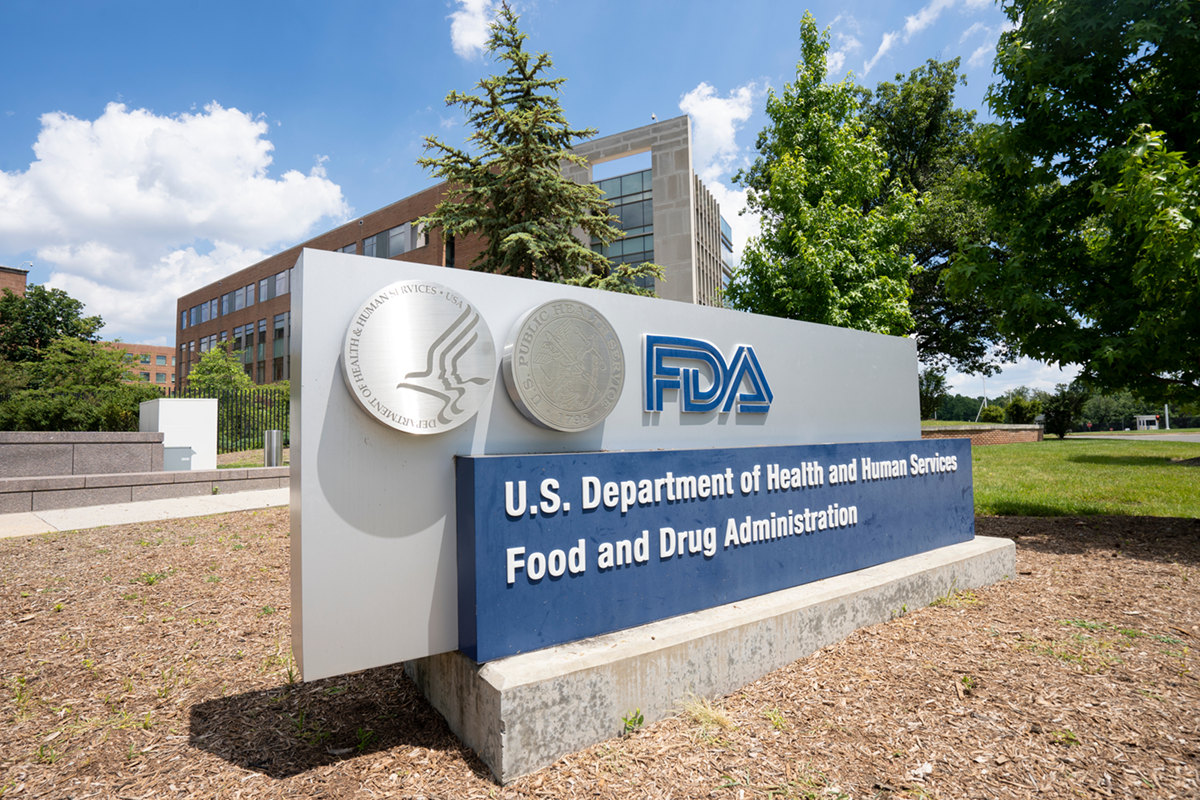With COVID-19 vaccines widely accessible to the public, including those involved in blood and tissue donations, many donors and recipients have questions about the impact of vaccination on the donation process. Experts have addressed some of the most frequently asked questions to clarify these concerns for both blood and tissue donations.

From the Association for the Advancement of Blood & Biotherapies [1]
Can individuals donate blood or tissue if they have received a COVID-19 vaccine?
Yes. The U.S. Food and Drug Administration (FDA) has policies in place for blood and tissue donation post-vaccination to ensure donor and recipient safety. The FDA confirms that individuals can donate blood and tissues after receiving an authorized COVID-19 vaccine in the U.S., such as those from Johnson & Johnson, Moderna, and Pfizer.
Is blood or tissue labeled to indicate if it was donated by a vaccinated individual?
No. FDA regulations prohibit labeling blood or tissue donations to reflect the donor's vaccination status for several reasons:
- There is no validated method to determine whether a donor received an mRNA vaccine.
- Blood and tissues must be labeled according to FDA regulations. Any label that is false or misleading would misbrand the donation, violating section 502(a) of the Federal Food, Drug, and Cosmetic Act.
- Hospitals do not have access to information about the vaccination status of donors.
Do the vaccines affect the blood and tissue supply?
No. COVID-19 vaccines authorized in the United States pose no known risk to the safety of blood or tissue supplies, nor to recipients of transfusions or transplants. These vaccines do not contain live viruses capable of transmission.
How should healthcare providers respond if a patient requests blood or tissue from an unvaccinated person?
Healthcare providers should explain that donations from vaccinated individuals carry no risk of COVID-19 infection, as the virus is not transmissible via blood or tissues. All donations undergo rigorous testing for infectious diseases to ensure they meet all safety criteria. Moreover, the vaccination status of donors is not tracked nor shared with hospitals, and there is no test available to determine the vaccine status of the donation.
Healthcare providers should also inform patients that they have the right to accept or decline a transfusion or transplant, following the hospital’s informed consent policy. This process typically includes:
- A detailed explanation of available options and alternatives.
- A discussion of the potential risks and benefits of each option.
- An opportunity for the patient to ask questions and receive answers from a qualified healthcare professional.
- Documentation of the patient’s decision, including any conditions expressed for the consent.
Legal requirements for informed consent can vary by state, but the overarching goal is to ensure that patients are fully informed and comfortable with their medical decisions.
From the American Society of Transplantation [2]
Living donors should be strongly encouraged to be fully vaccinated with any of the available COVID-19 vaccines, preferably with vaccine completion at least 2 weeks in anticipation of donation.

COVID-19 Vaccination & Amniotic Fluid
In explaining how vaccines influence maternal and fetal health, it's important to clarify that while the components of COVID-19 vaccines do not cross into the amniotic fluid, the protective IgG antibodies generated by the mother do. These antibodies are transferred to the fetus through the placenta following vaccination or after the mother has recovered from a COVID-19 infection [3]. Research indicates a significant correlation between the presence of these antibodies in the blood of previously infected pregnant women and their levels in the amniotic fluid, highlighting an active transfer of immunity from mother to fetus. This process is crucial for providing the fetus with early protection against potential infections of all kinds.
A study of 4708 women who had given birth between 1 March to 31 July 2021 revealed that the incidence of meconium-stained amniotic fluid was significantly lower in individuals who were vaccinated, suggesting a potential protective effect of the vaccine [4]. Meconium-stained amniotic fluid, typically a marker of fetal distress, has been observed with greater frequency in mothers who are positive for the SARS-CoV-2 infection.

Takeaways
In conclusion, the intersection of COVID-19 vaccination with the processes of blood and tissue donation, as well as its implications for maternal and fetal health, underscores a critical advancement in medical safety and efficacy during the pandemic. The ability to continue safe donations post-vaccination not only maintains essential health services but also enhances the protective measures against potential infections for both donors and recipients. Furthermore, the transfer of protective antibodies to the fetus presents a remarkable aspect of maternal vaccination, offering early immune defense to the newborn.
As we navigate the ongoing challenges of the pandemic, the proactive measures and guidelines outlined by health authorities ensure that the acts of donating and receiving blood, tissues, or undergoing transplantation remain safe, informed, and aligned with the best outcomes in healthcare practice. This continued vigilance and adherence to established health protocols are pivotal in sustaining the integrity and safety of medical procedures in these unprecedented times.
References
- AABB. "Vaccinations and Blood Donation." AABB, www.aabb.org/news-resources/resources/transfusion-medicine/vaccinations-and-blood-donation. Accessed 29 Apr. 2024.
- American Society of Transplantation. Donor Testing Document. 18 Jan. 2023, www.myast.org/sites/default/files/Donor%20Testing%20Document1.18.23.pdf. Accessed 29 Apr. 2024.
- La Fauci, Laura, et al. "Anti-Severe Acute Respiratory Syndrome Coronavirus 2 IgG Is Present in the Amniotic Fluid of both Infected and Vaccinated Women at Second Trimester of Pregnancy: A Cohort Study." Fetal Diagnosis and Therapy 50.6 (2023): 415-421.
- Peretz-Machluf, Ravit, et al. "Obstetric and neonatal outcomes following COVID-19 vaccination in pregnancy." Journal of clinical medicine 11.9 (2022): 2540.






